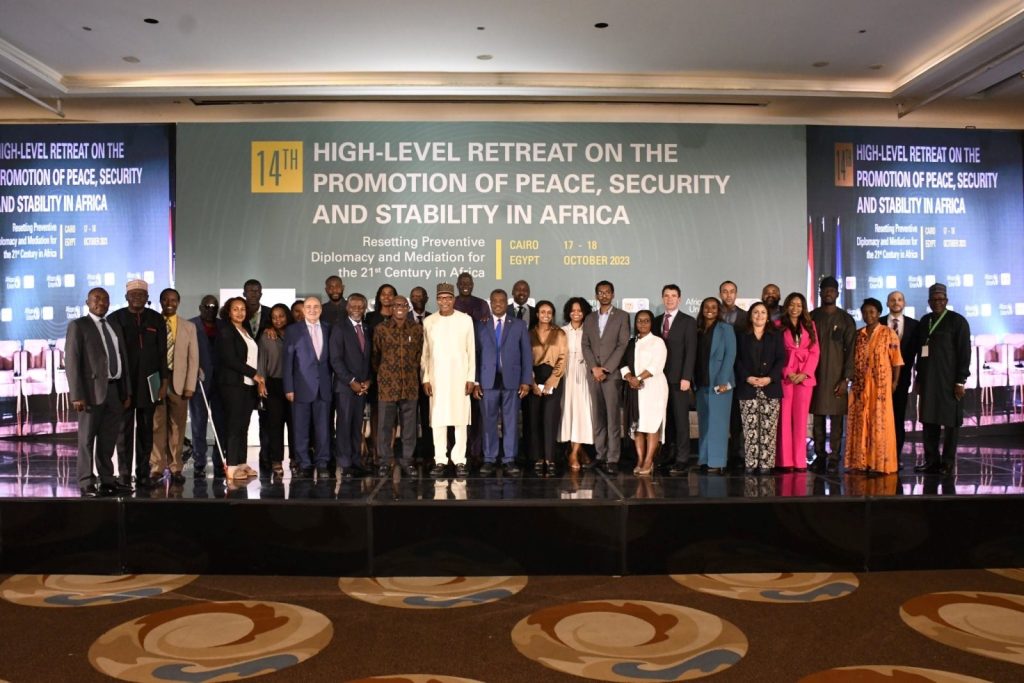
Rethinking Peace Diplomacy in Africa
Resetting Preventive Diplomacy and Mediation for the 21st Century

Resetting Preventive Diplomacy and Mediation for the 21st Century
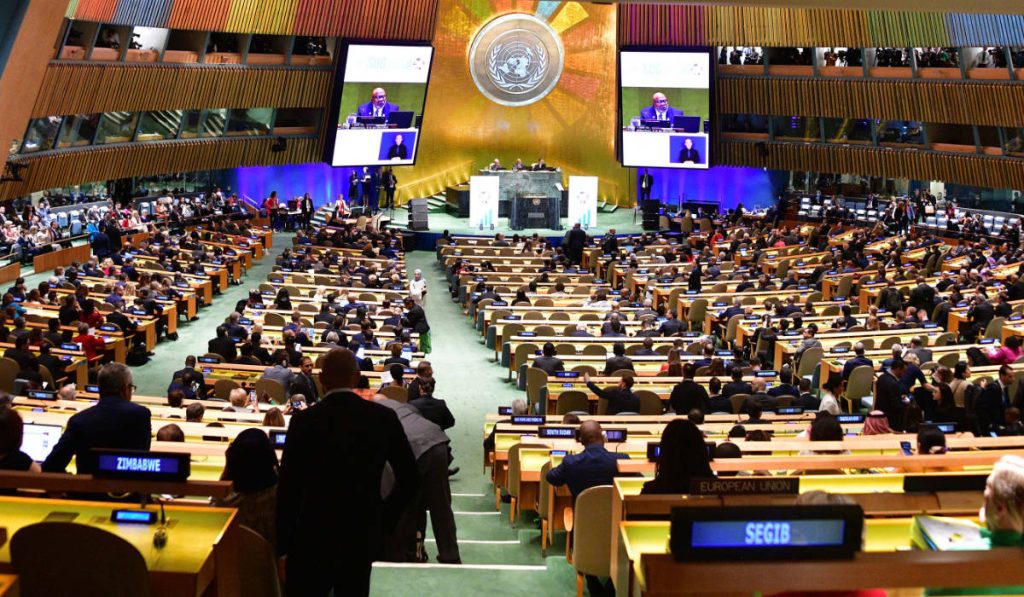
UN Secretary-General António Guterres proposed myriad solutions to the world’s biggest challenges during this year’s High-Level Week.
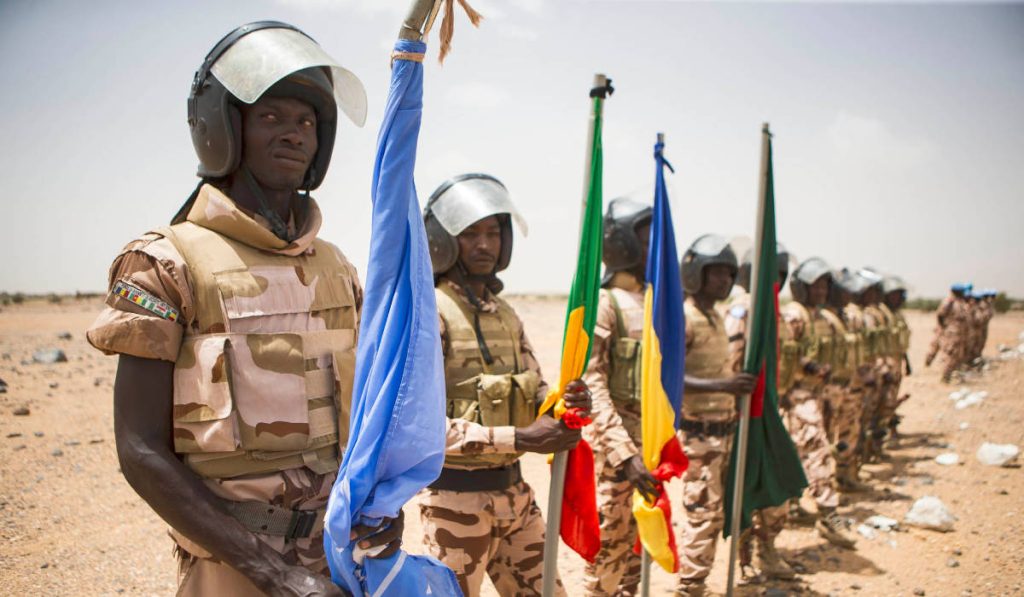
The global order is rapidly changing. UN and African-led peace operations must adapt to both new geo-political realities as well as new threats and challenges.
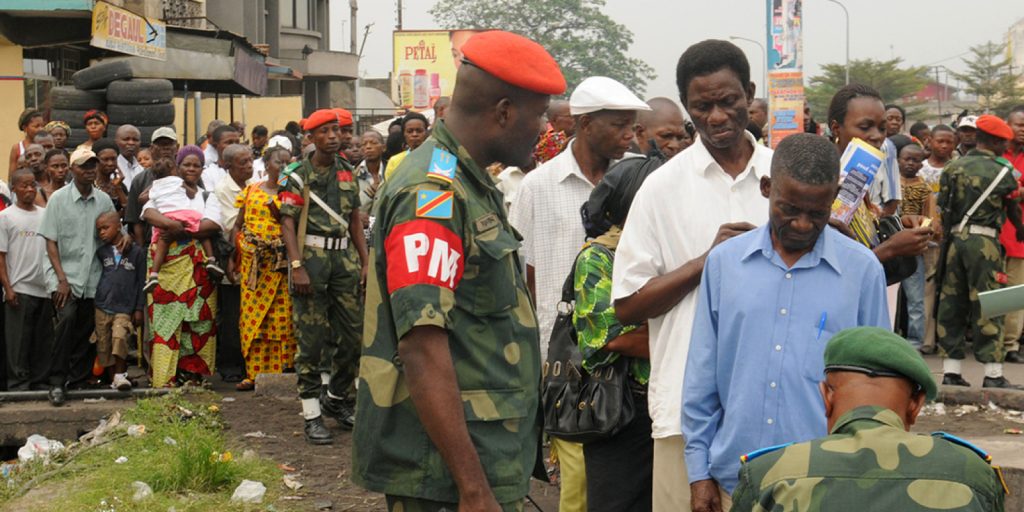
After years of decline, conflict-related civilian deaths have increased sharply, and there are questions as to how the UN can better help prevent and manage conflict in an increasing complex and volatile peace and security environment
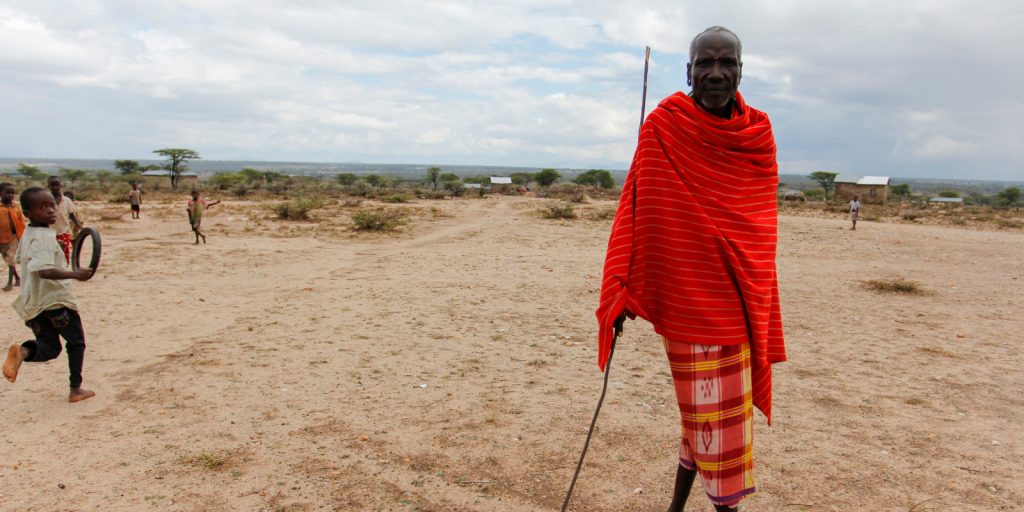
A sustaining peace perspective on climate change shows that the effects of climate change can exacerbate the drivers of conflict, and conflict can undermine the resilience of communities to cope with climate change
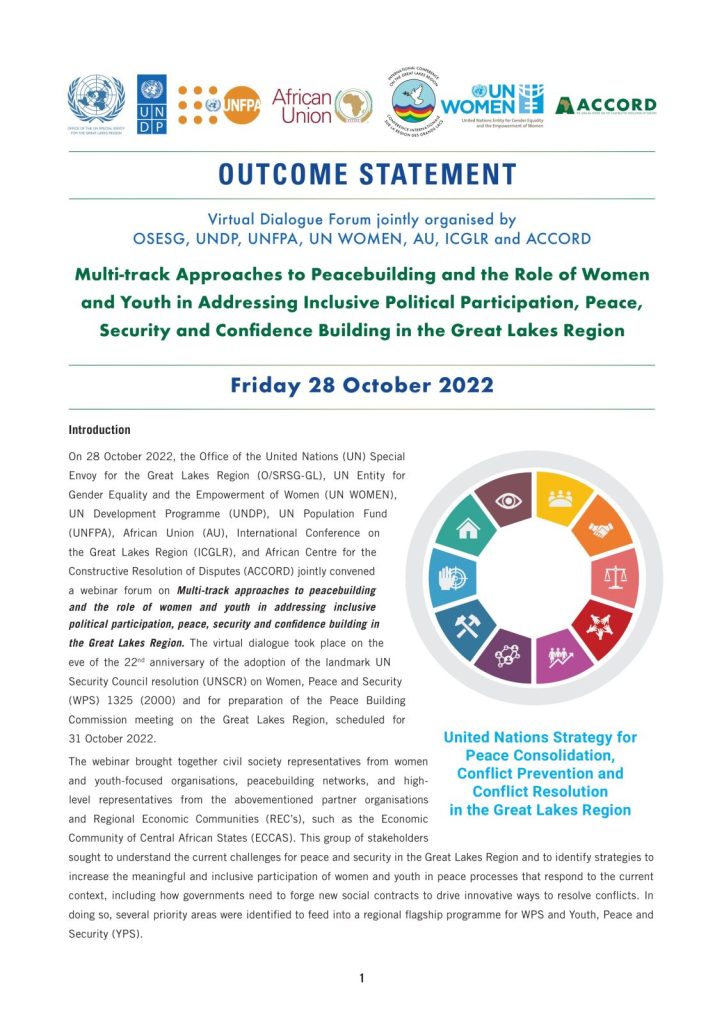
Multi-track approaches to peacebuilding and the role of women and youth in addressing inclusive political participation, peace, security and confidence building in the Great Lakes Region.
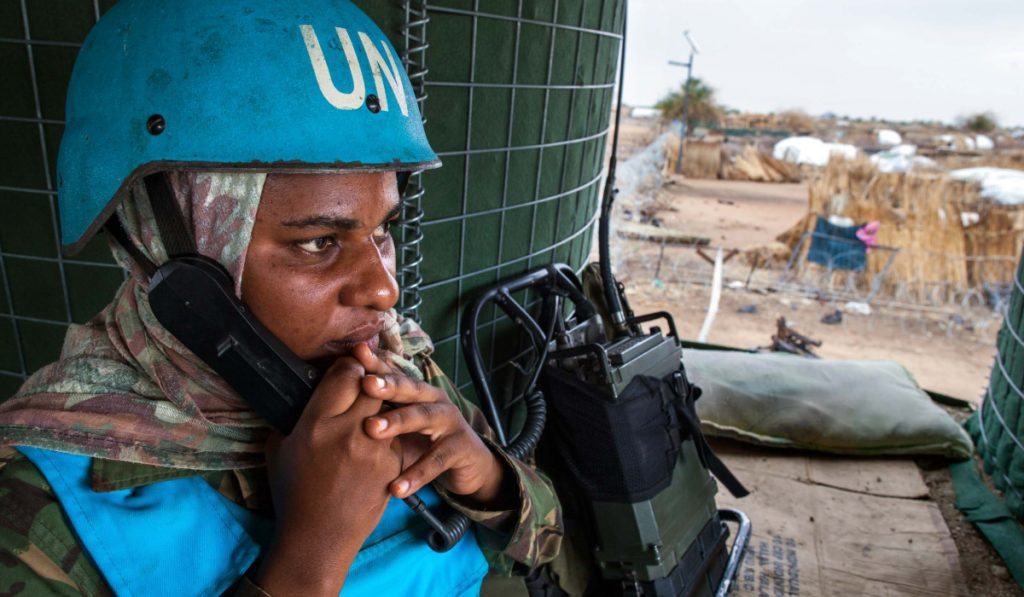
Enhancing multi-dimensional approaches to complex conflict.
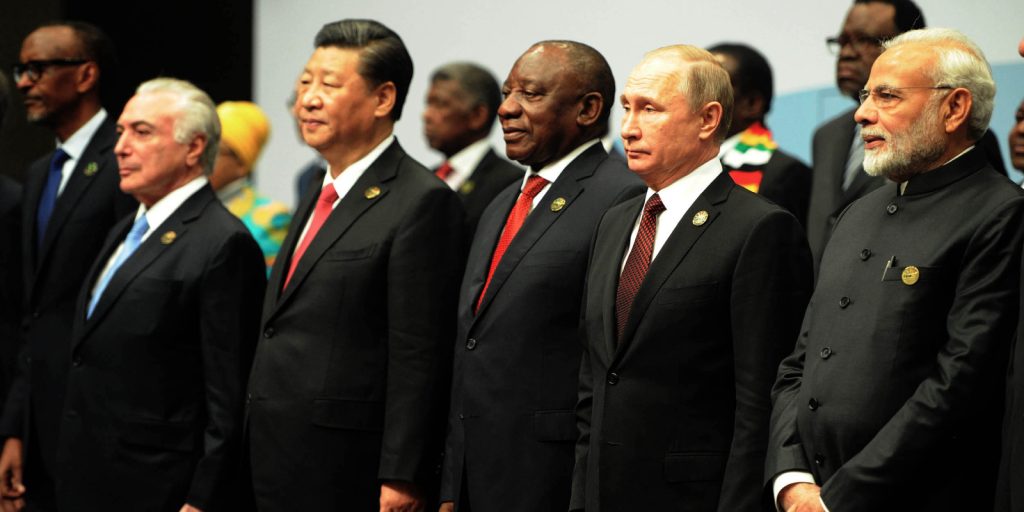
A new wave of high-level visits to Africa shows the complicated strategic choices that the continent needs to make.
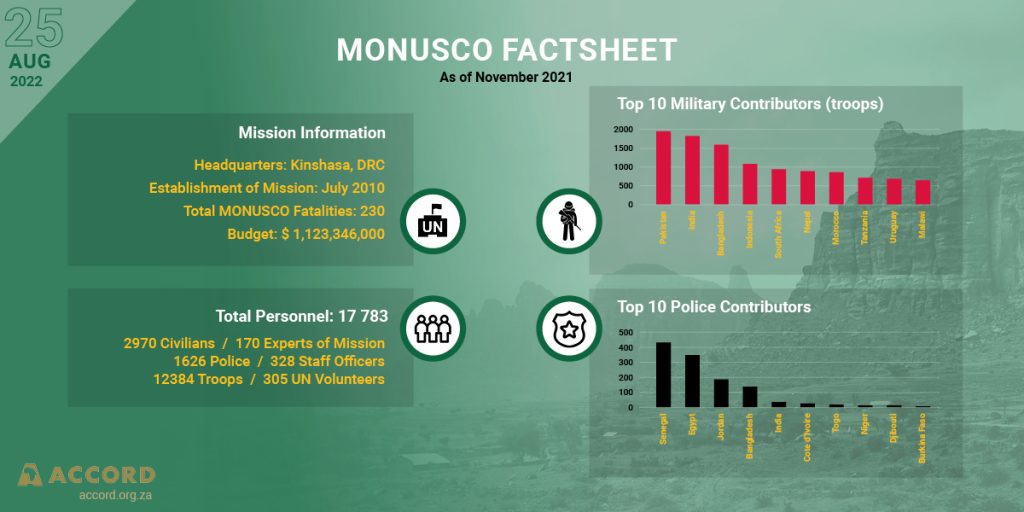
MONUSCO is a victim of the deteriorating image of a weak international community and the UN peacekeeping operations have been portrayed as selling an illusion of peace rather than imposing it.
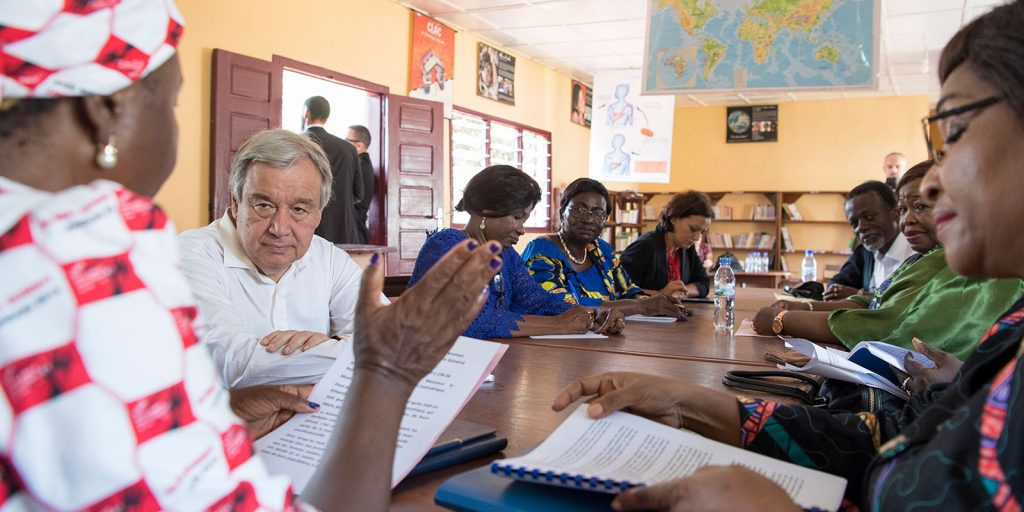
If we are to implement the long-term vision for achieving peace and stability that is enshrined in Agenda 2063 and the 2030 Agenda, we need to undertake an in-depth assessment of current and historical challenges that African countries face.